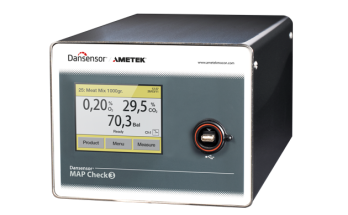
With its extremely large theoretical capacity, metallic lithium could be a good choice as an anode in future energy storage devices. This has resulted in a surge of interest in lithium metal batteries, particularly Li-O2 varieties. Problems with metallic lithium anodes include volume variations and the production of lithium dendrites during charge/discharge cycles, which can lead to harmful short circuits and limit their practical applicability.
After synthesising a Zn,Co bimetallic zeolitic imidazolate framework (ZIF), researchers from Qingdao University of Science and Technology, China, led by Ziyang Guo and Lei Wang, were able to calcine the framework to obtain Zn,Co-containing N-doped porous carbon nanocubes. In LiO2 batteries, the nanocubes can function as an anode’s lithiophilic host material (pictured schematically).
At room temperature, the Co2+ and Zn2+ salts were combined with 2-methylimidazole to create the Zn/Co-ZIF precursor. To create the necessary porous nanocubes, the precursor was calcined at 800 °C in an argon environment. Pores in the carbon framework created by zinc vapour during calcination can be used to store lithium and limit the volume change of the electrode. Also, the nanocubes’ abundance of lithiophilic Co- or N-based functional groups facilitates the uniform deposition of lithium.
By incorporating the nanocubes into a lithiated composite anode, the voltage profile is stabilised and the overpotential is reduced, resulting in a full Li-O2 cell that can operate continuously for over 200 cycles. These findings may be applicable to the development of lithium metal anodes for high-capacity Li-O2 batteries.


